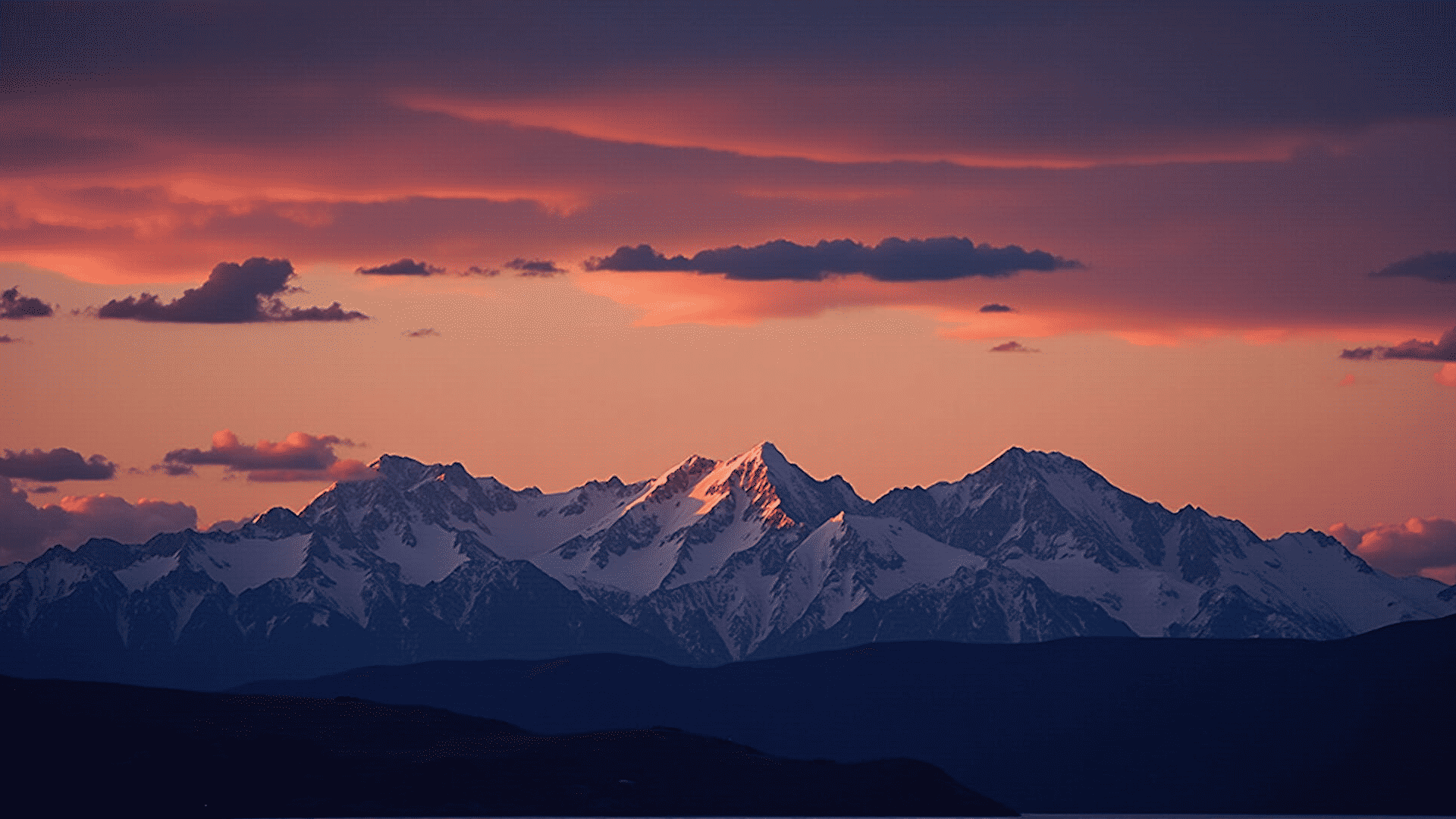Embarking on the journey of landscape photography allows one to witness the magnificence of nature firsthand. It's an inspiring blend of artistry and technique, enabling photographers to capture and share breathtaking scenes. Though it might seem daunting at first, mastering the art of landscape photography is both rewarding and exhilarating.
Understand the Location
The first step to capturing the essence of a landscape is to truly understand the location. Spend time walking around, observing the geographical details, lighting conditions, and natural elements that define the setting. This preliminary exploration will give you an edge in knowing where and when to shoot, ensuring you are ready for moments of awe-inspiring beauty.
Timing and Lighting
The golden hours, which are the periods shortly after sunrise and before sunset, present ideal lighting conditions for landscape photography. During these times, the light is soft and warm, creating dramatic shadows and rich contrasts. Moreover, changing weather conditions can add interest to your shots, so embrace the clouds and rainbows that might come your way.
Compose with Purpose
Composition is key to any successful photograph, and landscapes are no exception. Utilize the rule of thirds to naturally lead the viewer’s eye through the scene. Incorporate foreground elements like rocks or flowers to add depth and dimension. Also, experiment with various angles and perspectives to find the best framing for the shot.
Focus on Details
While wide shots are essential in landscape photography, don’t disregard the details. Focus on the intricacies that tell a story, such as the texture of a tree bark, the ripple of water, or the play of light and shadow on a mountain face. These details, when perfectly captured, can add layers of meaning and context to your work.
Gear Considerations
Choosing appropriate equipment plays a significant role in how well you can translate the beauty of landscapes into photographs. Look for equipment that complements your style and the conditions in which you often find yourself. The right lens can significantly affect the clarity and composition of your images.
Embrace Practice and Patience
Mastering landscape photography doesn’t happen overnight. It involves skills that develop with persistent practice and patience. Observe what works well and learn from each shooting experience. Over time, your technique will improve, and your eye for sublime composition will sharpen.
Connect Emotionally
Lastly, let your passion for landscapes shine through your photography. Capture not just what you see, but what you feel. Listen to the serene whispers of nature and let them guide your creative process. When your photographs resonate with emotion, they become more than images—they become narratives that speak to the viewer.
Dedicated exploration, thoughtfulness in approach, and a touch of creativity will elevate your landscape photography. With each captured scene, you'll unlock new ways to appreciate and share the world’s natural beauty.
